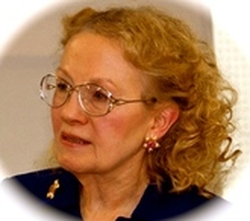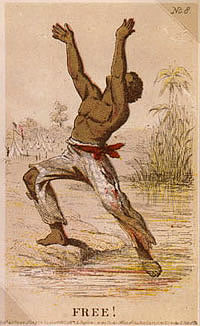|
|
Live Video
During Meetings ONLY!
Watch The Villages Tea Party Meeting LIVE:
Mondays at 6:15pm EST.
|
Declaration of Independence
"We hold these truths to be self-evident, that all men are created equal, that they are endowed by their Creator with certain unalienable Rights, that among these are Life, Liberty and the pursuit of Happiness.--That to secure these rights, Governments are instituted among Men, deriving their just powers from the consent of the governed, - That whenever any Form of Government becomes destructive of these ends, it is the Right of the People to alter or to abolish it,…" The First Amendment
“Congress shall make no law respecting an establishment of religion, or prohibiting the free exercise thereof; or abridging the freedom of speech, or of the press; or the right of the people peaceably to assemble, and to petition the Government for a redress of grievances.” The First Amendment |
Article III, §2, clause 1, U.S. Constitution
"The judicial Power shall extend to all Cases…arising under this Constitution…” Section 1 of the Fourteenth Amendment
“All persons born or naturalized in the United States, and subject to the jurisdiction thereof, are citizens of the United States and of the State wherein they reside. No State shall make or enforce any law which shall abridge the privileges or immunities of citizens of the United States; nor shall any State deprive any person of life, liberty, or property, without due process of law; nor deny to any person within its jurisdiction the equal protection of the laws.” |
For previous meetings go to Video of Meeting... on the list to the left (also check the drop down menu for meetings).
________________________________________________________________________________________
________________________________________________________________________________________
Publius Huldah is a retired lawyer who lives in Tennessee USA. She writes on the U.S. Constitution and posts her papers at publiushuldah.wordpress.com Before getting a law degree, she got a degree in philosophy where she specialized in political philosophy and epistemology (theories of knowledge). 14th Amendment to the U.S. Constitution The 14th Amendment to the Constitution was ratified on July 9, 1868, and granted citizenship to “all persons born or naturalized in the United States,” which included former slaves recently freed. In addition, it forbids states from denying any person "life, liberty or property, without due process of law" or to "deny to any person within its jurisdiction the equal protection of the laws.” By directly mentioning the role of the states, the 14th Amendment greatly expanded the protection of civil rights to all Americans and is cited in more litigation than any other amendment. |

Islam Has No Right to Build Mosques, Spread Islam, or Institute Sharia Law In America
Seventeenth Amendment - U.S. Constitution
Seventeenth Amendment - Popular Election of Senators Amendment Text | Annotations Clause 1. The Senate of the United States shall be composed of two Senators from each State, elected by the people thereof, for six years; and each Senator shall have one vote. The electors in each State shall have the qualifications requisite for electors of the most numerous branch of the State legislatures. Clause 2. When vacancies happen in the representation of any State in the Senate, the executive authority of each State shall issue writs of election to fill such vacancies: Provided That the legislature of any State may empower the executive thereof to make temporary appointments until the people fill the vacancies by election as the legislature may direct. Clause 3. This amendment shall not be so construed as to affect the election or term of any Senator chosen before it becomes valid as part of the Constitution. 17th Amendment AnnotationsPopular Election of Senators The ratification of this Amendment was the outcome of increasing popular dissatisfaction with the operation of the originally established method of electing Senators. As the franchise became exercisable by greater numbers of people, the belief became widespread that Senators ought to be popularly elected in the same manner as Representatives.... Read More... |





